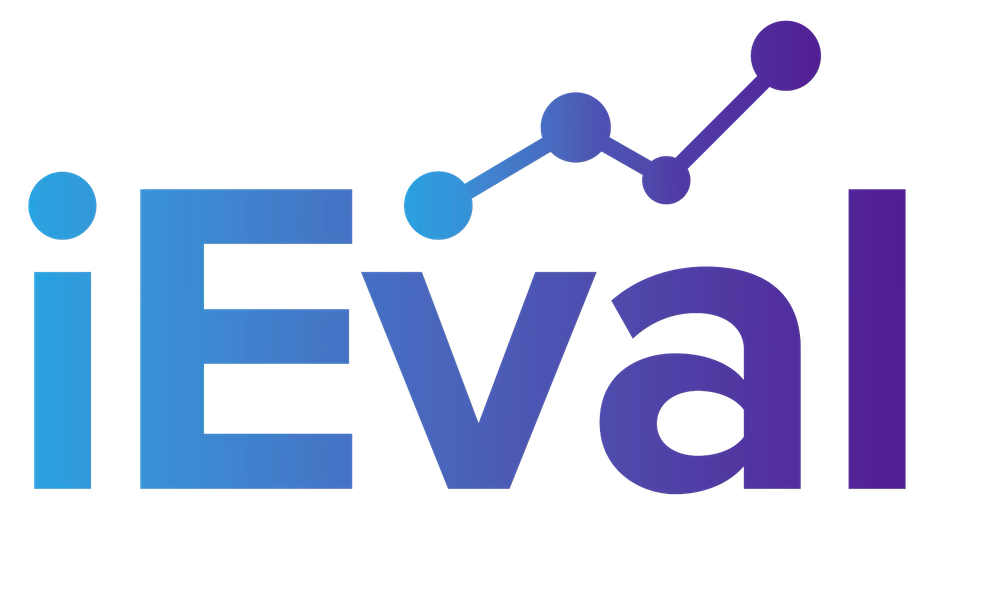These past eight months, I have been on a journey to become a healthier me…at all levels. I have focused on physical health (e.g., clean eating, more time working at my walking desk, regular barefoot running or kangooing, massages), mental health (e.g., reading books, watching feel-good shows like the Andy Griffith Show), social-emotional health (e.g., taking grandnieces to the zoo, cheering my husband and a friend on while they took glider rides in memory of my father, sharing our favorite Jefferson places with friends, dreaming about our next Disney trip in 2017), and intellectual health. Now, that’s the one that’s often overlooked when people embark on a path to better health…intellectual health.
I tried googling a definition of intellectual health, and this one makes sense. The University of Arkansas’s College of Medicine defines it as “The intellectual dimension of wellness encourages creative, stimulating mental activities. An intellectually well person uses the resources available to expand one's knowledge, improve one's skills, and create potential for sharing with others.” I think there are some more typical ways people expand their intellectual health – reading, watching the news, discussing current events or issues with others, playing mind-challenging games, etc. But, I also think it’s important to exercise my evaluation skills – to improve my intellectual health related to work.
Here are several ways I’ve focused on my intellectual evaluation health these past eight months:
- Took on evaluation projects that were not within my team’s typical scope of work. This forced us to reach outside of our comfort zone and learn quickly and deeply about a different field, while applying evaluation strategies and analyses we had experience in to new content areas.
- Further developed an evaluation tool I designed (see Color Boarding post) and implemented it with different types of clients and situations to help understand it’s potential application and usefulness (particularly around program improvement).
- Tried several new data analyses procedures that have led to exciting results and more energized and meaningful discussions with the clients.
- Intentionally thought about how evaluation ideas or processes apply in settings where evaluation might not be the focus (see Thomas Jefferson – Founding Evaluator post). I’ve found that talking and sharing about evaluation in atypical settings (e.g., fundraisers, pontoon boat rides, museum visits) can help expand understanding of the evaluation field and sometimes results in connections you never expected.
- Regularly read 5-10 posts each week from various blogs, including AEA 365, Evaluation is an Everyday Activity, BetterEvaluation, Stephanie Evergreen, and many in the feed through Eval Central.
- Registered to check out an evaluation conference I’ve never been to before to hear different perspectives on evaluation and research. I’m looking forward to the Virginia Educational Research Association conference in September!
Everyone should enjoy some bouncy time in kangoo jumps!
DR. TACKETT’S USEFUL TIP: I challenge YOU to come up with your own intellectual exercise program and share what has worked for you with others!

